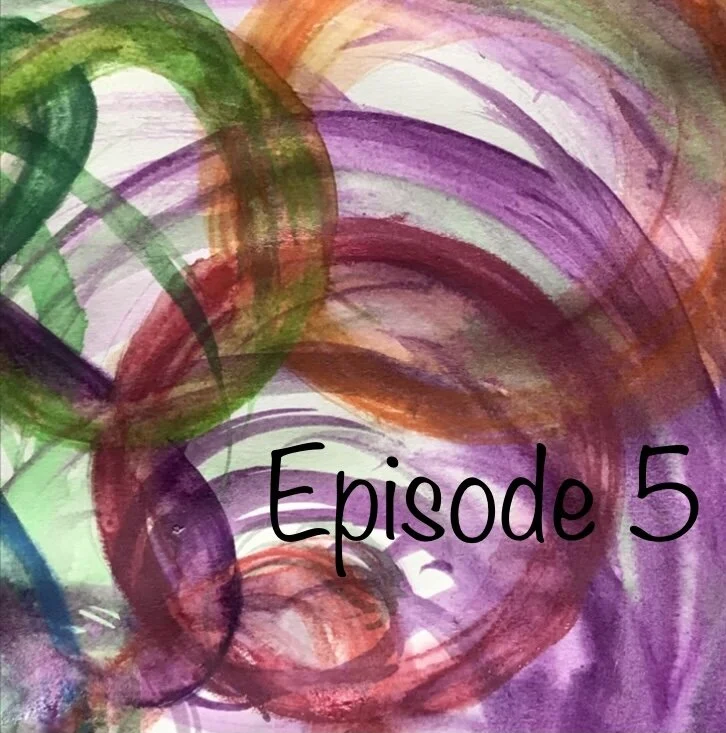“Utopia is a method rather than a plan, a process rather than a goal.”
(Levitas 2017, p.8)
Hope as an experience and projected object of hope have been likened to an artist in creative process by Pieper (Schumacher, 2003), where there is a consciousness of the present moment and where there is dissonance a co-creative response emerges through imagination and collective visioning. For Bloch (1986) hope is entangled relationally with the utopian imaginary and the human capacity for prescient moralising in response to dynamic historical tensions. Utopias enable us to collaborate in co-creating potentialities for anticipated futures yet must simultaneously sustain an openness to always being unfinished, on-going and generative, just as any imaginary must remain intangible somehow even when concrete material changes are made in the present. It is a story of on-goingness across time, space and place. Utopias shift, hopes emerge between and through different relationships and in response to changing landscapes of resonances, dissonances, tensions, joys and injustices.
For the imaginary of utopias to sustain potentiality there is always then the need for nurturing creativity. Craft (2001) suggests it as a ‘notion of ‘possibility’. The little c creativity involves at its heart the notion of possibility thinking, or asking in various ways ‘What if?’’ (Craft 2002, p. 54). What if we learnt about colonial history? What if we participated in citizens assemblies? What if our food was seasonal and locally farmed? Once ‘possibility thinking’ is given space the imaginary of future potentials becomes vast and limitless. These futural places we could inhabit are the projected objects of hope by imagining how it might feel to be there not here. To step into that journey is knowing you will be changed as will the creative process shift and adapt. Utopia as methodus is a pursuit of ‘knowing’ something yet you don’t know what that will be, and it is a wayfinding somewhere whilst accepting the imaginary of ‘there’ may never to materialised. Yet, despite the presence of uncertainty; the likelihood of struggle, set-backs and challenges there is hope and creativity sustaining the openings for possibility and these could be proposed as an intrinsic essence of being human.
References:
Bloch, E. (1986) The Principles of Hope
Craft, A. (2015) Creativity, Education and Society: Writings of Anne Craft
Levitas, R. (2017) Where there is no vision the people will perish: a utopian ethic for a transformed future.
Schumacher, B. (2003) A Philosophy of Hope: Josef Pieper and the contemporary debate on hope
